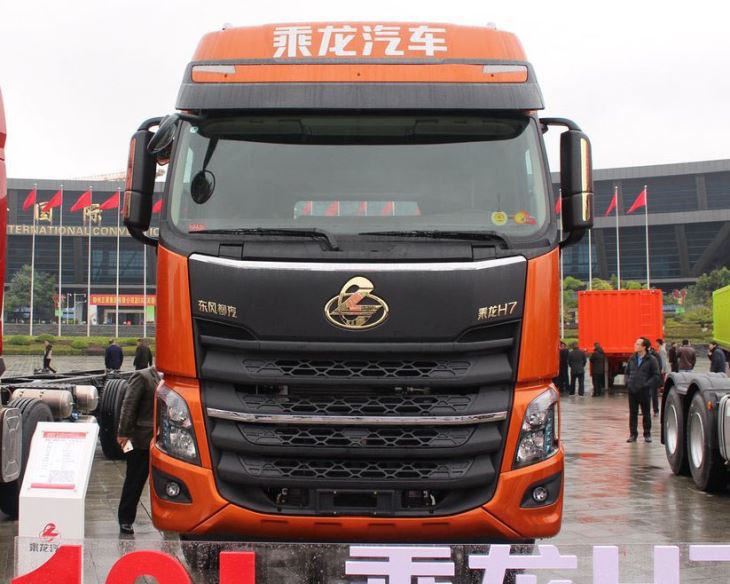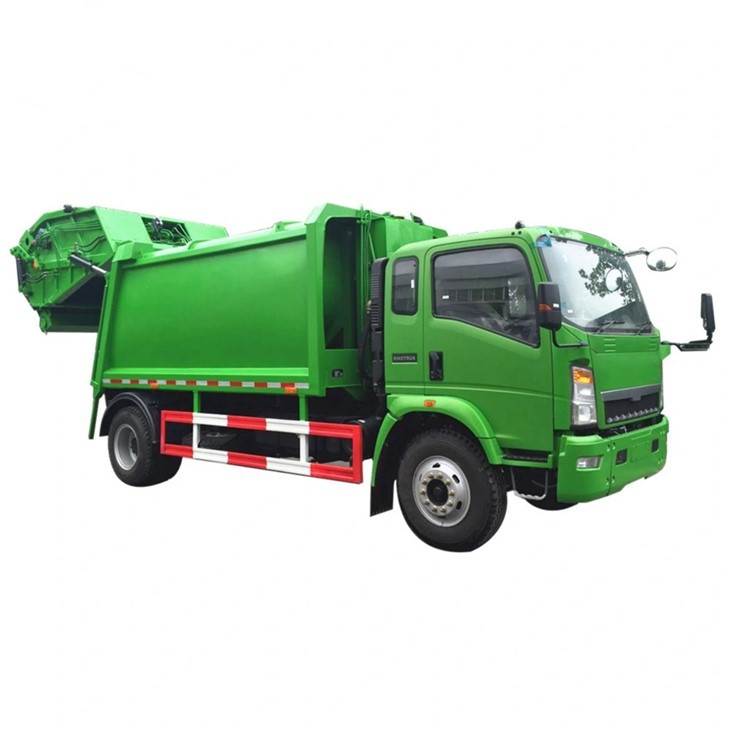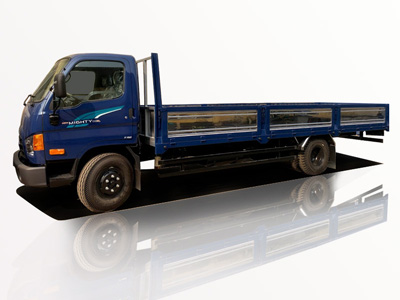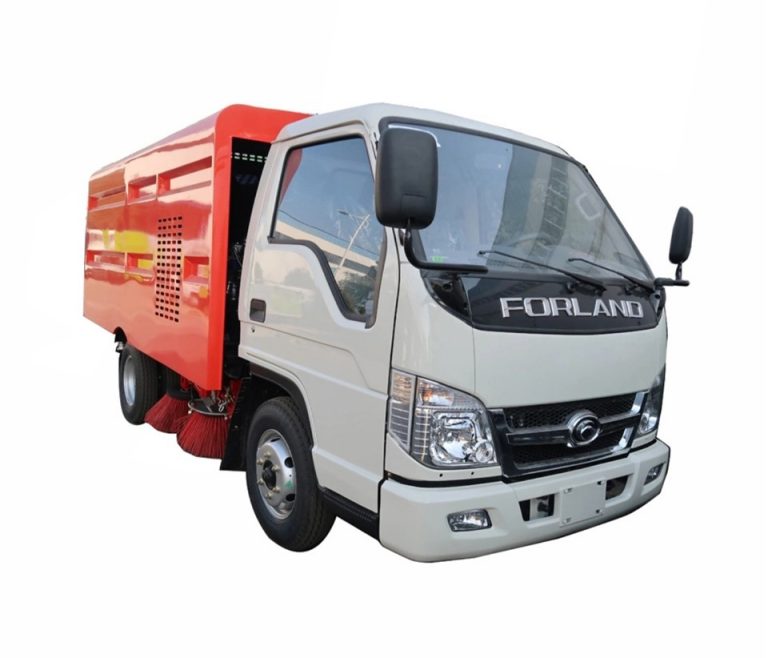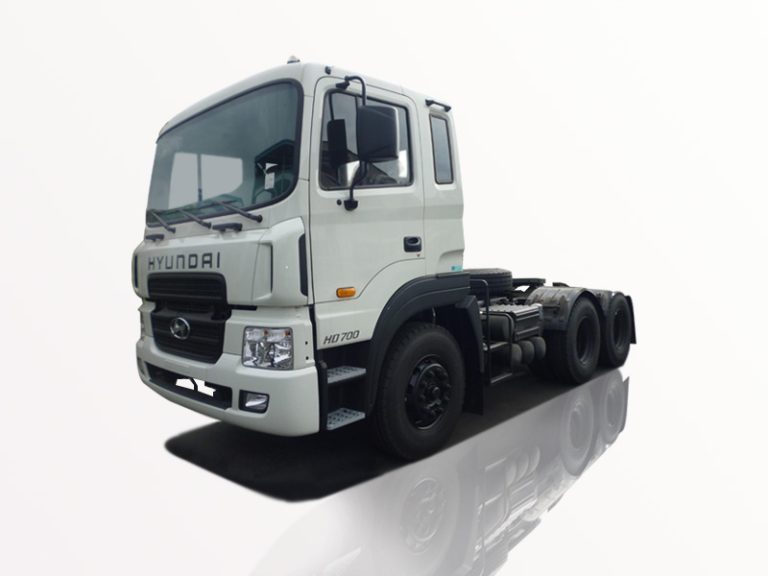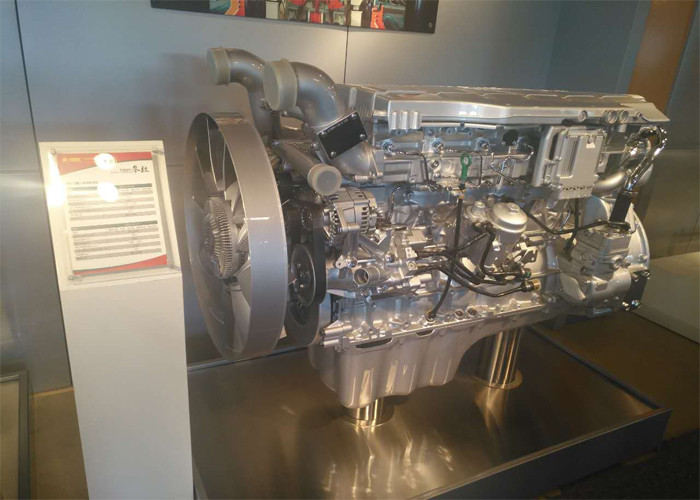10-wheel trucks are an essential part of the transportation industry, known for their versatility and robustness. Whether for hauling freight, heavy-duty construction materials, or other goods, these trucks are designed to handle more significant loads than their smaller counterparts. This article will provide a comprehensive overview of 10-wheel trucks, covering their specifications, advantages, types, maintenance, and much more. Let’s dive in!
What is a 10-Wheel Truck?
A 10-wheel truck refers to a large vehicle that features a total of ten wheels, typically configured as a combination of two axles with dual wheels on the rear axle. These trucks are commonly used for various purposes due to their ability to carry heavy loads and navigate different terrains. They are differentiated from other trucks by their size, weight capacity, and wheel configuration.
Specifications of 10-Wheel Trucks
The specifications of 10-wheel trucks can vary by manufacturer and model but generally have the following characteristics:
| Specification | Details |
|---|---|
| Length | 20 to 30 feet |
| Width | 8 feet |
| Height | 10 to 13 feet |
| Weight Capacity | 15,000 to 33,000 pounds |
| Engine Type | Straight-six or V8 engines |
| Fuel Type | DIESEL / GASOLINE |
Benefits of Using 10-Wheel Trucks
There are numerous advantages to using 10-wheel trucks, making them a popular choice in many industries.
1. High Load Capacity
10-wheel trucks can carry significantly heavier loads than standard 4 or 6-wheel trucks. Their robust design is ideal for transporting construction materials like steel beams, concrete blocks, and other heavy cargo.
2. Versatility
These trucks can function in a variety of roles—ranging from construction to logistics—making them suitable for numerous industries, including transportation, mining, and agricultural sectors.
3. Stable and Safe
With an extra set of wheels and axles, 10-wheel trucks offer enhanced stability on the road, especially when laden with heavy cargo. This stability contributes to safety during transport, reducing the risk of rollovers.
4. Better Traction
The design of 10-wheel trucks provides better traction, making them capable of navigating challenging terrains, including rugged roads, muddy fields, and steep inclines.
Different Types of 10-Wheel Trucks
10-wheel trucks come in various types, each suited for specific applications. Here are some common varieties:
1. Dump Trucks
Dump trucks are primarily used in construction. They are designed to transport loose materials like sand, gravel, or dirt and have a hinged truck bed that can lift to dump the contents at the desired location.
2. Flatbed Trucks
Flatbed trucks have a flat, open bed and are typically used to carry bulky items that do not require protection from the elements, such as construction materials, equipment, and large machinery.
3. Cement Mixer Trucks
These trucks are specially designed for transporting and mixing concrete. The rotating drum keeps the concrete in a liquid state, ensuring it can be delivered fresh to construction sites.
4. Box Trucks
Box trucks have a large cargo area enclosed by walls and a roof. They are commonly used for transporting goods that need protection from weather and theft, making them ideal for moving furniture or appliances.
Choosing the Right 10-Wheel Truck
When selecting a 10-wheel truck, consider the following factors:
1. Load Requirements
Assess the types of loads you will be transporting. Different trucks are designed for various load types. For instance, a dump truck would be beneficial for construction materials, while a box truck is preferable for general freight.
2. Terrain Considerations
Consider the terrain where the truck will primarily operate. Trucks with higher ground clearance are better suited for off-road conditions, while those with lower frames are ideal for city driving.
3. Fuel Efficiency
Evaluate the truck’s fuel efficiency, as fuel costs significantly impact operational expenses. Opt for newer models with advanced fuel-saving technologies when possible.
4. Maintenance and Support
Research the availability of parts and service for the specific model you are considering. Reliable service and parts availability can save you time and money in the long run.
Maintenance Tips for 10-Wheel Trucks
Proper maintenance is crucial to ensuring the longevity and performance of your 10-wheel truck. Here are some essential maintenance tips:
1. Regular Inspections
Conduct regular inspections of critical components, including brakes, tires, lights, and engine oil levels. Early detection of issues can prevent costly repairs down the line.
2. Keep it Clean
Regularly wash the truck, both inside and out, to prevent corrosion and rust. Pay special attention to the undercarriage and wheel wells, where dirt and grime accumulate.
3. Tire Care
Monitor tire pressure and tread regularly. Properly inflated tires improve fuel efficiency and ensure safer handling on the road.
4. Change the Oil
Follow the manufacturer’s guidelines for oil changes. Regular oil changes reduce engine wear and improve overall performance.
Safety Guidelines for Operating 10-Wheel Trucks
Safety should always be a priority when operating a 10-wheel truck. Here are some key safety guidelines:
1. Training and Certification
Ensure that all drivers are adequately trained and certified to operate a 10-wheel truck, following local regulations and safety standards.
2. Use Seatbelts
Always wear seatbelts while operating the vehicle. This can significantly reduce the risk of serious injury in the event of an accident.
3. Follow Traffic Rules
Always follow traffic rules and regulations, including speed limits and restrictions on certain routes, especially in urban areas.
4. Load Securely
Ensure that all loads are secured properly to prevent shifting during transit, which can lead to accidents. Use appropriate tie-downs or covers as necessary.
Cost of 10-Wheel Trucks
The cost of acquiring a 10-wheel truck can vary widely depending on the type, model, condition (new or used), and manufacturer. Here’s a general overview:
| Type of Truck | Estimated Price Range |
|---|---|
| New Dump Truck | $70,000 – $150,000 |
| Used Dump Truck | $30,000 – $80,000 |
| New Flatbed Truck | $60,000 – $120,000 |
| Used Flatbed Truck | $25,000 – $70,000 |
| Cement Mixer Truck | $100,000 – $200,000 |
| Box Truck | $40,000 – $80,000 |
Environmental Impact of 10-Wheel Trucks
As essential as 10-wheel trucks are to various industries, they also have an environmental impact that cannot be overlooked. Here are some considerations:
1. Emissions
Diesel engines, commonly used in 10-wheel trucks, emit pollutants that contribute to air quality issues. Newer models tend to have better emissions controls to minimize their impact.
2. Fuel Efficiency Advancements
Many manufacturers are focusing on developing fuel-efficient engines to reduce overall fuel consumption, leading to lesser emissions.
3. Electrification
With growing concerns about climate change, the trucking industry is exploring electric 10-wheel trucks as a cleaner alternative. While still in development, these vehicles promise to lower emissions significantly.
FAQ About 10-Wheel Trucks
1. What is the weight limit of a 10-wheel truck?
The weight limit varies by state regulations, but it generally falls between 15,000 to 33,000 pounds, depending on factors like the truck’s specifications and load type.
2. Are 10-wheel trucks suitable for off-road driving?
Yes, many 10-wheel trucks are designed for off-road capabilities, especially those used in construction and mining. Look for models with higher clearance and durable tires for better performance.
3. How often should I service my 10-wheel truck?
Regular maintenance checks should be performed approximately every 5,000 to 10,000 miles, or as recommended by the manufacturer. It’s crucial to check oil levels, brakes, tires, and ensure everything is in working order.
4. Can I drive a 10-wheel truck with a regular driver’s license?
In most cases, a commercial driver’s license (CDL) is required to operate a 10-wheel truck. The type of CDL required can vary by truck weight and configuration.
5. What factors affect the fuel efficiency of 10-wheel trucks?
Factors include the truck’s weight, engine type, driving habits, tire pressure, and overall maintenance. Keeping the truck in good condition and driving responsibly can enhance fuel efficiency.
6. How long can a 10-wheel truck last?
With proper maintenance, a 10-wheel truck can last between 10 to 15 years or more, depending on usage and care. Regular service and timely repairs are key to extending its lifespan.
